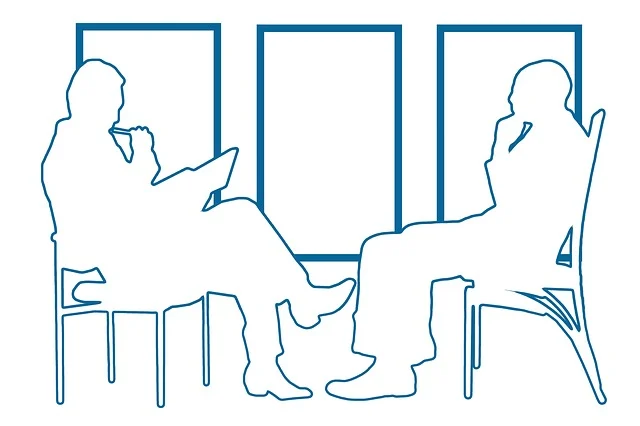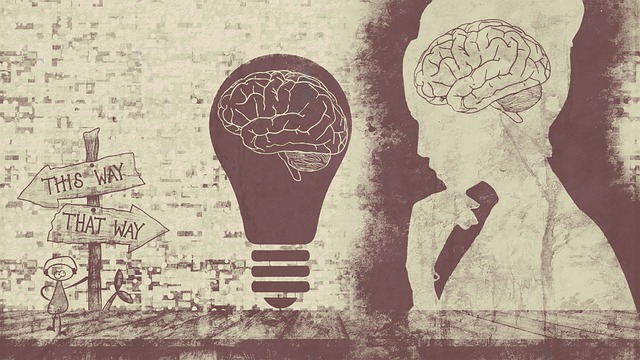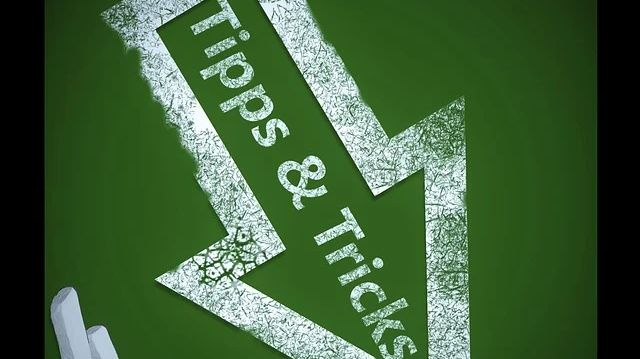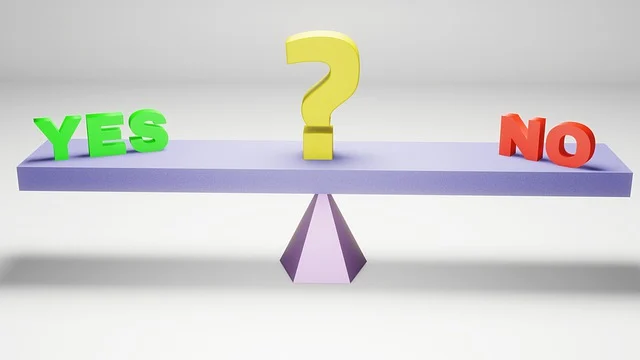-
Tips on How to Identify Potential Interviewees for Your Oral History Research

As a researcher embarking on an oral history project, one of the most crucial steps is identifying potential interviewees. These individuals, with their firsthand knowledge and unique perspectives, will form the backbone of your research, providing the raw material from which you can weave together a compelling narrative of the past. In this comprehensive guide,…
-
Tips On How to Use Social Media to Conduct Oral History Interviews

Social media can be a powerful tool for conducting oral history interviews. It can help you to connect with potential interviewees, recruit participants for your project, and gather data in a variety of ways. Here are some tips on how to use social media to conduct oral history interviews: Choose the Right Platform The right…
-
6 Factors to Consider for High-Quality Oral History Transcripts

Oral history transcription can be challenging, and it is important to keep a number of factors in mind in order to ensure the accuracy and reliability of your transcripts. Here are my top six key factors The Complexity of Your Audio File The complexity of audio can affect the transcription process in several ways. Difficulties…
-
How to Digitally Archive Your Oral History Interviews.

If you have conducted oral history interviews, you may be wondering how best to archive them digitally. There are a number of different digital archives where you can store your oral history interviews. Some of these archives are specialized for oral history, while others are more general-purpose. When choosing a digital archive, it is important…
-
How to Use Oral History for Social Change

Oral history is a powerful tool for social change. It can help to give voice to marginalized communities, document injustice, and inspire activism. Here are some ways to use oral history for social change: Document the experiences of marginalized communities. Oral history can help to give voice to people who have been historically silenced or…
-
How To Use Oral History to Make History More Accessible and Engaging for the Public

Oral history is a powerful tool for democratizing history. It empowers everyone to participate in the recording and sharing of history making it more accessible to all. By giving voice to the experiences of people who have been marginalized or underrepresented in traditional historical narratives, oral history can help us to better understand the past…
-
Memory and the Self in Oral History

One of the key challenges and opportunities of oral history is to understand the role of memory in shaping the narratives of the interviewees. However, oral history also poses some challenges and limitations, especially when it comes to the reliability and accuracy of memory. Memory is not a static or objective record of the past,…
-
Oral History Transcription: Why Choose Jofranlu?

If you are conducting oral history interviews, you need to find a reliable and experienced transcription company to produce accurate and high-quality transcripts. Here are just a few reasons why you should hire us as your oral history transcription company: Accuracy and quality: Our experience and skills produce accurate and high-quality transcripts of oral history…
-
Six Top Tips on How to Organize your Oral History Transcripts While Transcribing.

Transcribing oral history interviews can be a daunting task, but it is also an essential one for making the recordings accessible and searchable. Here are some general tips on how to organize your oral history transcripts: In Summary By following these tips, you can ensure that your oral history transcripts are accurate, well-structured, and reliable.…
-
The Challenges and Opportunities of Conducting Oral History in the Digital Age

The digital age has presented both challenges and opportunities for the field of oral history. On the one hand, new technologies have made it easier to record, transcribe, and share oral history interviews. On the other hand, these technologies have also raised new ethical and methodological concerns. In this blog, we’ll take a look at…